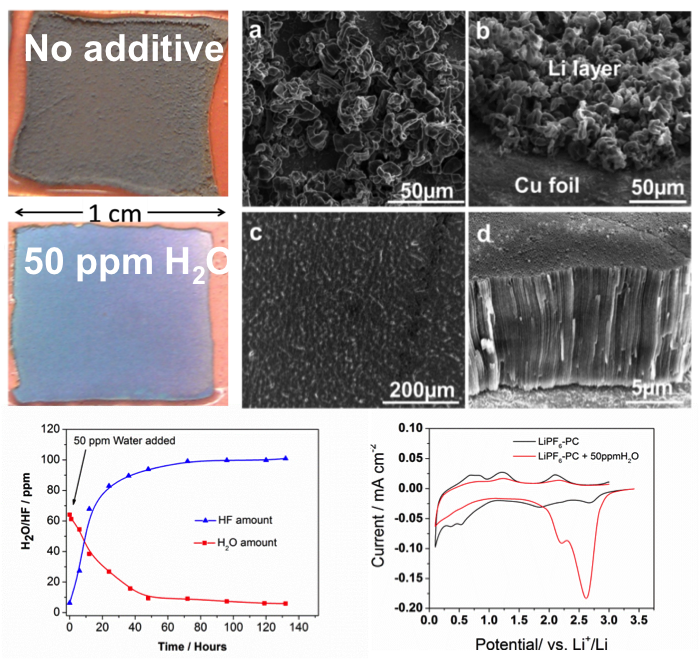Sprints
-
Scientific Sprints: Speed Through Collaboration
As an innovative twist on traditional project management, JCESR conducts “Sprints,” small teams of dedicated researchers formed to solve a select research challenge within 1-6 months. Using the Sprint approach, JCESR takes a single question from our catalog of prioritized scientific challenges and dedicates a small, multidisciplinary team of 5-15 members to answer it. Read More
-

JCESR Scientific Sprints - Speed through Collaboration
JCESR supplements its traditional project management approach with scientific “Sprints.” Sprints take a single question from JCESR’s catalog of prioritized scientific challenges and dedicate a small, multidisciplinary team of 5-15 members to answer it, enabling us to move forward more rapidly in our research. Sprints empower early-career scientists to show their leadership qualities in the Sprints they lead. Once a Sprint is completed, the outcome is documented within JCESR and shared with the research community. The resulting new knowledge then informs and inspires subsequent research challenges. Read More
-

JCESR Scientific Sprints - Better Polymers for Better Batteries
JCESR supplements its traditional project management approach with scientific “Sprints.” The sprint described in this video involved a multidisciplinary team from Argonne, the University of Illinois at Urbana-Champaign, Massachusetts Institute of Technology, and the University of Michigan. As they studied how polymers in solution… Read More
-

Demonstration of Magnesium Intercalation into a High-Voltage Oxide Electrode
First demonstration of reversible insertion of multivalent magnesium ions (Mg2+) into a spinel-type manganese oxide (Mn2O4), using multi-modal characterization Read More
Latest Updates
-
You’re Invited - JCESR and Beyond: Translating the Basic Science of Batteries
Please join us at Argonne National Laboratory on Tuesday, April 4, 2023 for JCESR and Beyond: Translating the Basic Science of Batteries. Registration is now open. This in-person event will celebrate 10 years of research from the Joint Center… Read More
-
A Message from JCESR: In Memory of George Crabtree
It is with heavy hearts that we say goodbye to George Crabtree, a Senior Scientist and Distinguished Fellow at Argonne National Laboratory, and Director of the Joint Center for Energy Storage Research (JCESR), who passed away unexpectedly on January 23. Dr. Read More
-
Cyanopyridines As Extremely Low-Reduction-Potential Anolytes for Nonaqueous Redox Flow Batteries
Discovery of a cyanophenylpyridine derivative with a very low reduction potential and good stability during cycling. Read More
-
Characterizing Redoxmer – Electrode Kinetics Using a SECM-Based Spot Analysis Method
Identified asymmetries in electron transfer (ET) kinetics between the reduction and oxidation of ferrocene-based redoxmers by measuring the ET rate constants (kf/kb) as a function of electrode potential. Read More
-
Benzotriazoles as Low Potential Anolytes for Non-Aqueous Redox Flow Batteries
We developed an easy-to-synthesize benzotriazole-based anolyte with a high energy redox potential (-2.3 V vs Fc/Fc+) and high solubility that demonstrates stable electrochemical cycling performance. Read More

